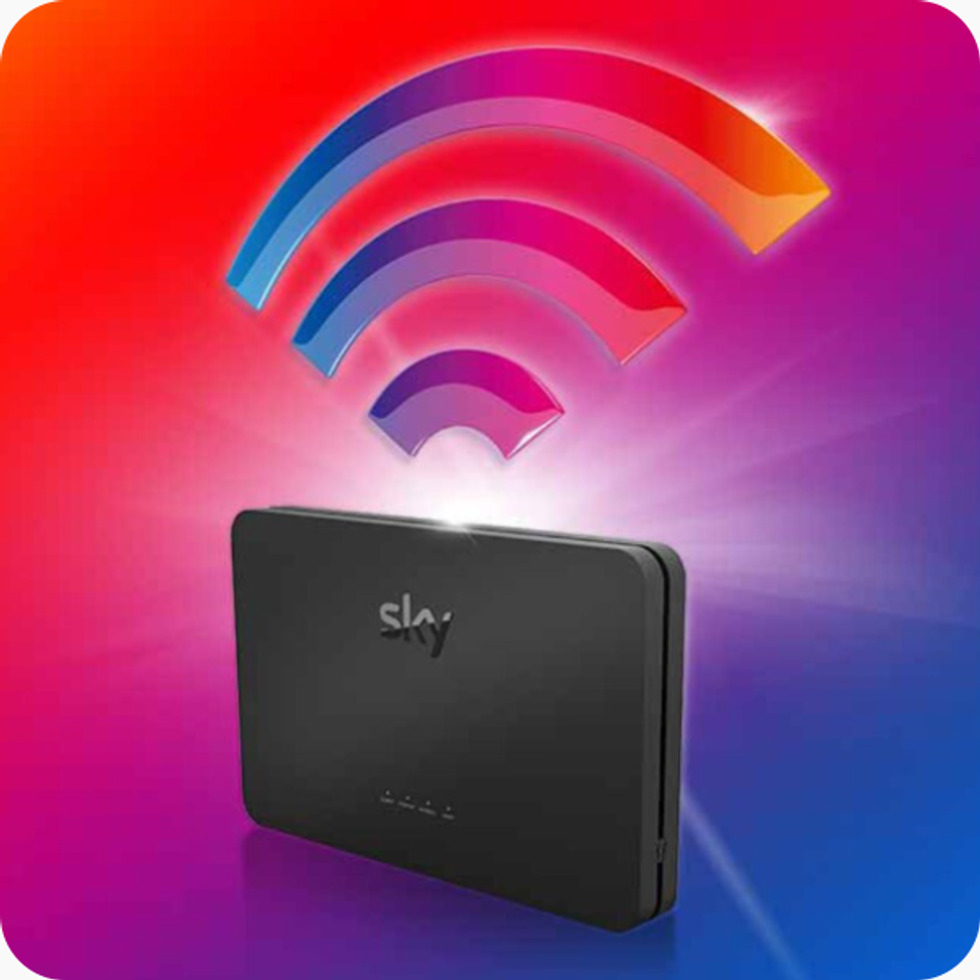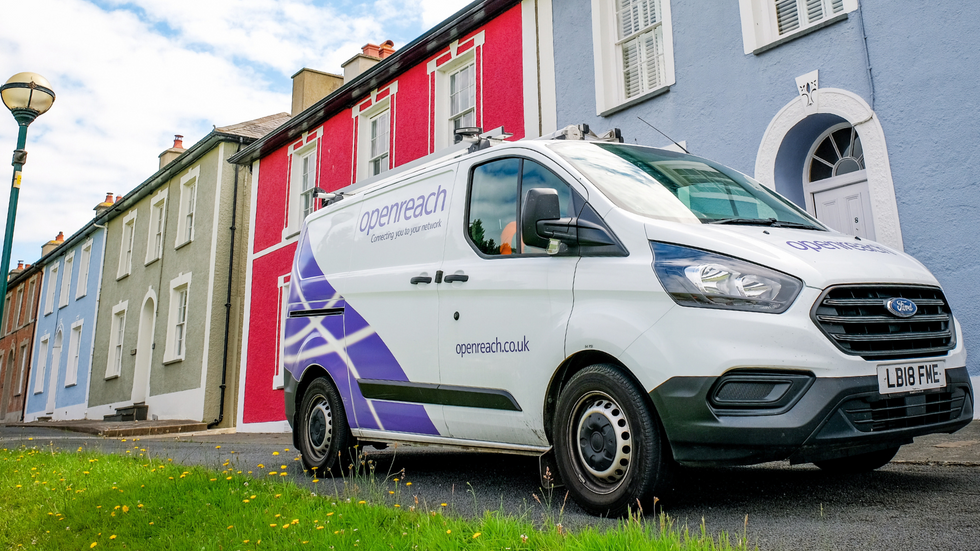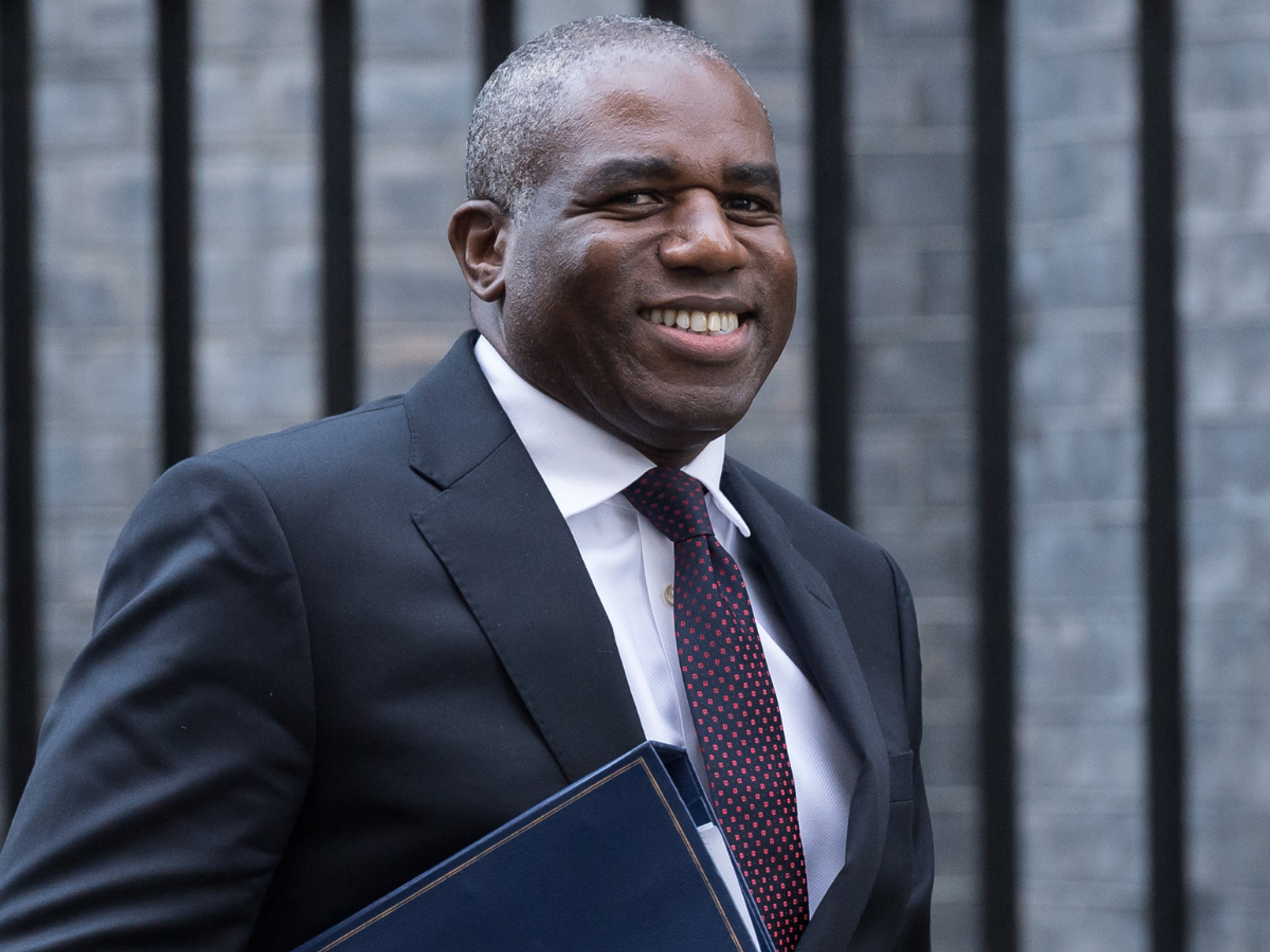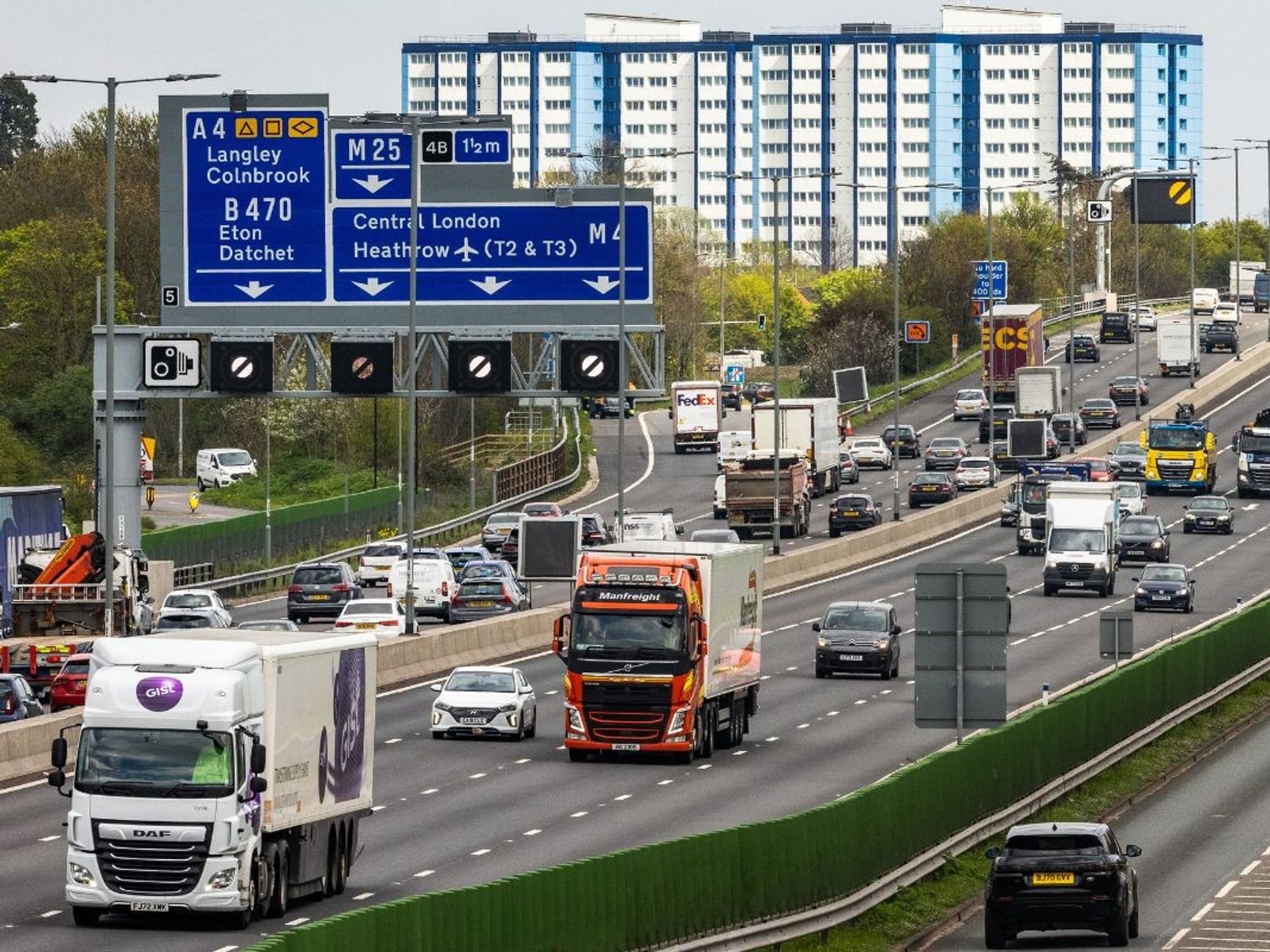Virgin Media confirms price rise for millions: You should never pay more without checking one crucial detail

Virgin Media has a two-tier approach to its annual price hikes as it moves away from the RPI-based calculation and switches to a "pounds and pence" system
| VIRGIN MEDIA O2 PRESS OFFICE
All products and promotions are independently selected by our experts. To help us provide free impartial advice, we will earn an affiliate commission if you buy something. Click here to learn more
There's a two-tier approach to price hikes this time around
Don't Miss
Most Read
Latest
Your Virgin Media bills are about to get more expensive. The popular broadband and telly provider has confirmed its next round of price rises, which will impact (almost) all customers in the coming months.
The exact amount you'll need to spend each month depends on when you took out the contract. That's because of tough new Ofcom rules that have banned mid-contract price rises linked to inflation after the runaway inflation rates in recent years triggered a swathe of wallet-busting price hikes from major telecoms.

Virgin Media offers full-fibre broadband and paid-TV, with some bundles also offering a pay monthly SIM from O2 too
| VIRGIN MEDIA O2 PRESS OFFICEIf you joined Virgin Media after January 9, 2025 you'll see an extra £3.50 added to your monthly bill. This extra fee will be applied across broadband and paid-TV bundles.
Since this price hike is explicitly laid-out in the terms and conditions, Virgin Media says "you won’t be given a right to cancel your agreement during your minimum period without incurring an early disconnection fee".
If you joined Virgin Media before January 9, 2025 the previous rules still apply. That means your monthly price hike will be calculated based on the Retail Price Index (RPI) — a measure of inflation calculated by the Office of National Statistics (ONS) based on a “shopping basket” of over 700 consumer products and services, with the price tracked year-on-year — plus an additional 3.9%.
Virgin Media will use the RPI rate for January 2025 as measured by the Office for National Statistics. That won't be published until February, so it's tough to know the exact price rise you'll face. However, the most recent ONS data on RPI from December were 3.5%.
If that stays the same, you should expect to see your monthly Virgin Media bills increase by 7.4%. If you spend £27 per month on your broadband (that's around the average household broadband bill in the UK) that rise will equate to an extra £1.99 every month — pushing your bill closer to £30.
Virgin Media has confirmed it will publish the relevant RPI rate on its website as soon as it becomes available.
Virgin Media cuts 362Mbps fibre broadband to just £27 in Winter Sale

Virgin Media's Winter Sale is available for the next few days and offers some impressive discounts across its full-fibre broadband and TV offerings. For a limited time, you can secure its M350 broadband package — with download speeds of 362Mbps, that's 5x faster than the average UK household broadband — for just £27 a month. That deal is locked-in for the duration of your 18-month contract
M350 Full-Fibre Broadband
$73
$27
GB News readers save an extra £24 on Sky Broadband

Sky has removed its upfront cost from all broadband packages in the latest sale. For a limited time, it's cut its eye-wateringly quick Full Fibre 500 package down to £33 a month — a mammoth saving on the £46 a month out-of-contract cost for the same speeds. But GB News readers can save an extra £1 every month by using our link to sign-up for the same broadband plan. For that, you'll unlock speeds of 500Mbps
Full Fibre 500
$33
$32
The following services and charges are exempt from Virgin Media's annual price adjustments:
- Administrative costs, like paper billing
- Add-ons for TV packages, like Sky Cinema channels
- Out-of-bundle charges, including charges for non-inclusive phone calls
- Talk Protected plans
- Virgin Flex streaming packages
It's also worth noting that Essential Broadband customers will not be subject to a price rise. For those who don't know, Virgin Media's Essential Broadband is a low-cost package that's only available to those who receive either Universal Credit, Pension Credit, Income Support, Income-based Jobseeker’s Allowance, or Income-based Employment Support Allowance.
Customers will need to consent to an eligibility check to sign-up.
Essential Broadband offers a choice of either 15Mbps or 54Mbps full-fibre broadband. This is available on a 30-day rolling contract, offering more flexibility than Virgin Media's standard broadband plans.
Prices vary between £13.50 and £20 a month.
If you're asked to pay more on your monthly bills — make sure to check whether you're within the minimum term of your contract. As outlined by Virgin Media on its website, annual price rises are included in the terms and conditions when you sign-up for its broadband plans, so if you're still in-contract there's nothing to be done.
However, if you're outside of the minimum contract term of 18-months, you can do something. After this period, it's possible to re-negotiate your broadband contract with Virgin Media (you'll need to sign-up to a fresh 18-month contract to do this, but you'll likely enjoy faster download speeds or lower bills) or switch to another internet supplier. With the latter, you'll enjoy the best possible deals, which are used to tempt new customers.
If you've been with Virgin Media for more than 18-months and want some strategies to switch providers and unlock a better broadband deal, finance gurus, including Martin Lewis, offer several strategies to ensure you're never paying over-the-odds for your internet.
1. Switch suppliers like clockwork
Switching broadband providers can lead to significant savings.
Data shows customers who switch when their contracts end or if they are already out of contract can access introductory offers that may be as much as 90% cheaper than standard tariffs. Research indicates that long-standing customers are often overpaying — those who have been with a provider for several years are more than three times as likely to pay over £100 monthly compared to new customers.
2. Haggle with your current provider
If switching is not an immediate option because you're within the minimum contract of the deal you initially joined with, then haggling with your existing provider can still yield savings.
Many customers have successfully negotiated lower rates by contacting retention departments and leveraging price hikes or competitor offers. Martin Lewis advises that most people should not be paying more than £30 per month unless they require high-speed connections, yet many are overpaying between £40 to £60.
3. Avoid the Loyalty Trap
You might think that you'll be rewarded for your loyalty to a certain broad or provider. Alas, no.
Loyalty to a single provider often almost never results in a better deal. Since almost all providers increase prices annually, customers who remain with the same provider for extended periods frequently find themselves on higher tariffs without receiving any loyalty benefits. This trend highlights the importance of regularly reviewing contracts and exploring alternatives.
Thankfully, the new One Touch Switch system, launched in September 2024, has been designed to simplify the process of switching broadband providers.
Under this system, customers only need to contact their new provider, which will handle the entire switching process, including liaising with the existing provider.
This innovation addresses one of the main barriers to switching—customers often feel overwhelmed by having to deal with multiple companies during a switch.
Benefits of One Touch Switch
- Simplified Process: You only need to sign-up with a new provider to kickstart the switchover process
- No Overlapping Charges: You'll never pay for both old and new services beyond the switch date
- Compensation for Errors: Providers must compensate you if issues arise during the switchover
Despite initial delays in rolling out this system, its implementation is expected to encourage more consumers to switch providers and take advantage of better deals without facing significant hurdles.

Virgin Media doesn't rely on broadband cables maintained by Openreach, which is owned and operated by BT. Instead, it has its own broadband network, which connects to some 15.5 million homes in the UK
| OPENREACH PRESS OFFICEVirgin Media acknowledged the impact of these changes on customers, stating: "We know that price changes are never welcome but like many other businesses we're seeing increased costs while investing to keep up with growing demand."
The company says it's increasing prices because of its continued investment in its broadband infrastructure. Virgin Media writes: "From phones and laptops to doorbells and even fridges, more and more of our devices rely on an internet connection. So, to ensure you and your devices stay connected, we're making big investments in our network. These upgrades not only improve your experience today, but also prepare our network for your future needs – all while helping us reduce our carbon footprint."
Unlike broadband brands like Sky, TalkTalk, Plusnet, and EE, Virgin Media O2 doesn't rely on the broadband infrastructure installed and maintained by Openreach, the infrastructure arm of BT. Instead, it maintains its own nationwide network of broadband cables, which is accessible from some 15.5 million premises and can be leveraged by providers like Sky Broadband to connect customers.










